Why Mentoring Matters in Photography
Whether you’re just starting out with your first camera or you’re a seasoned pro looking to refine your skills, having a mentor in the world of photography can be invaluable. Mentoring matters in photography because it provides personalized guidance and insight that’s tailored to your unique needs and goals.
It’s like having a helpful friend who’s been down the road you’re traveling and can offer advice, encouragement, and practical tips based on their own experiences. So, let’s dive into the fascinating journey of mentorship in photography!
My name is Fran Boloni and I’m a couples photographer in Paris since 2014.
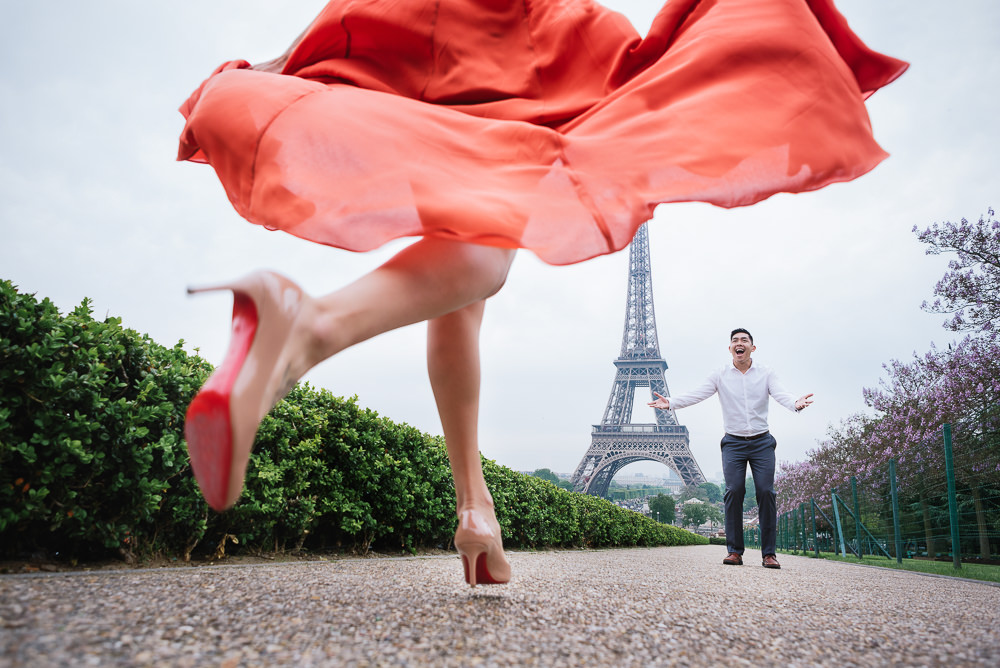
Couples Photography: Engagements, Weddings
In couples photography, such as engagement or wedding photography, mentorship takes on an even greater significance. This is due to several unique aspects of this field.
Firstly, the stakes are high – these photographs capture once-in-a-lifetime moments and must be perfect. A mentor can guide you in managing these high-pressure situations, understanding client expectations, and achieving the desired emotional impact with your photographs.
Secondly, couples photography requires a high level of interpersonal skills to build rapport with the couple and make them feel comfortable in front of the camera. A mentor can share strategies and tips to help you in this area, based on their own experiences and interactions with different kinds of clients.
Lastly, the style and techniques used in couples photography can be quite different from those used in nature or photojournalism. Learning from a mentor who specializes in this field can help you master the nuances faster and more effectively.

The Role of a Photography Mentor
A mentor in photography can provide invaluable guidance and support on your creative journey. They can help you develop and refine your technical skills, provide constructive feedback on your work, and share insights about the industry.
What a Mentor Does
They can also help you with networking, provide inspiration, and assist in resolving any challenges you may face in your photography career. A mentor’s role is not just to teach, but also to inspire and empower their mentees to reach their full potential.
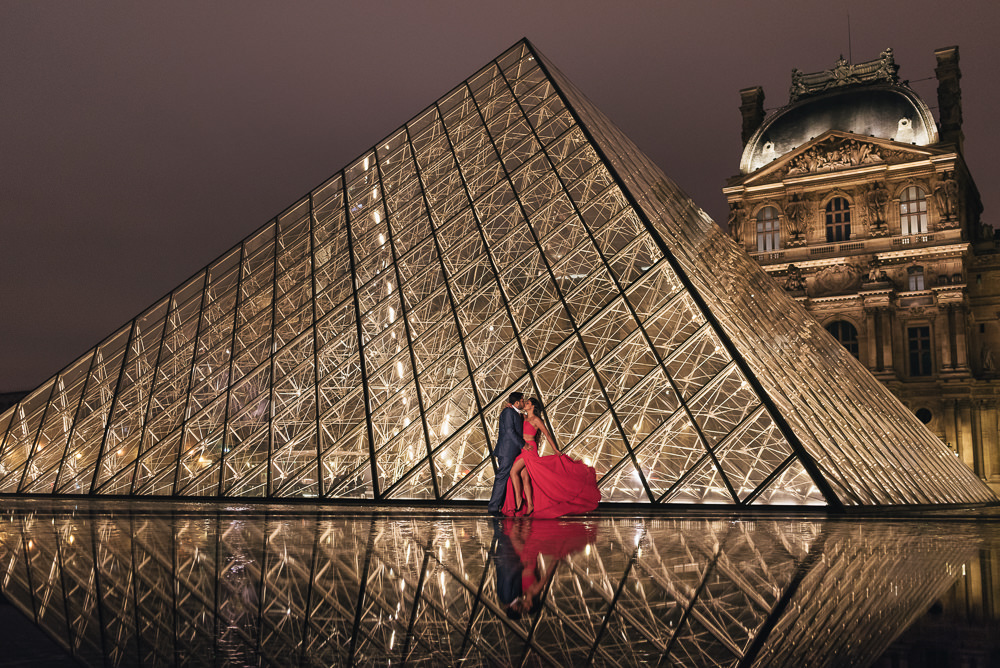
I’ll insist on empowering here. As an example, in 2013 when I met my mentor in wedding photography, Cengiz Ozelsel, from Adagion Studio, that moment changed the path of my career completely.
Indeed, having a PhD in Science and then making such a drastic career change caused a significant dip in my confidence. Having had a photography mentor who believed in me and who encouraged me, pushed me forward and helped me gain confidence. Btw, if you wish to work on your courage, I warmly recommend Ryan Holiday’s book: Courage is Calling.
How a Mentor Can Guide You?
A photography mentor can guide you in various ways. They can impart their knowledge and share their experiences, giving you a firsthand insight into the profession. This can include technical advice, such as how to use certain equipment or software, as well as artistic guidance, helping you to develop your own unique style and voice. I learned how to do silhouettes with couples from my mentor and that technique improved my overall couples photographer skills A LOT.

Mentors can also provide a perspective on your work that you might not have considered. They can critique your photographs and suggest improvements, helping you to refine your skills and produce better work.
Furthermore, they can guide you through the less tangible aspects of being a professional photographer. This can include how to navigate the industry, manage your business, and deal with clients.
Lastly, a mentor can provide emotional support and encouragement. Pursuing a career in photography can be challenging and sometimes discouraging. A mentor can help you to maintain your motivation and passion, guiding you through difficult times and celebrating your successes with you.
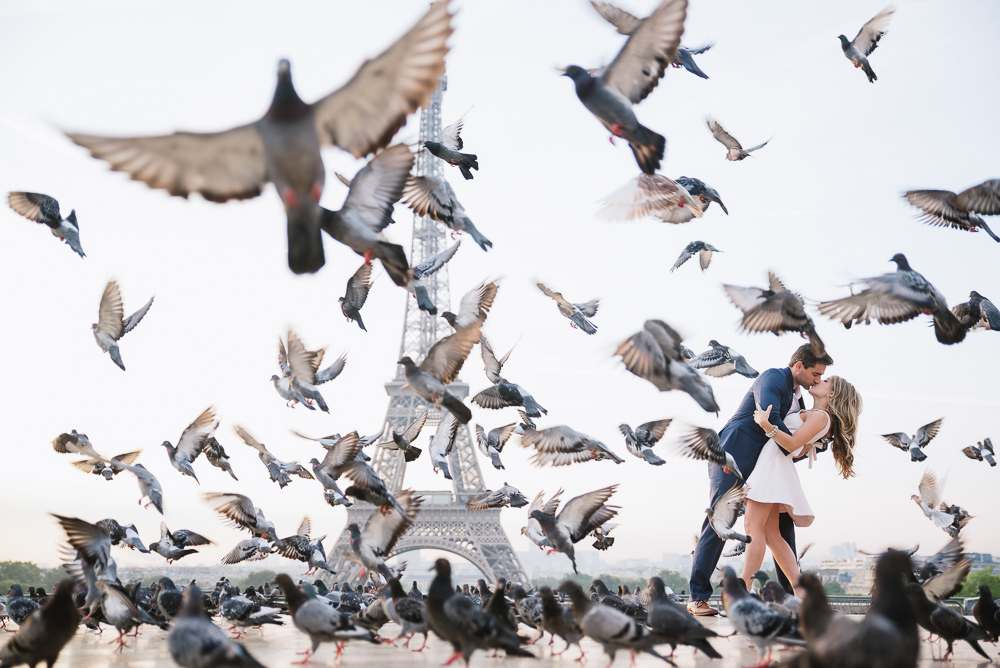
Benefits of Having a Photography Mentorship
Having a photography mentor can offer numerous advantages that can significantly enhance your skills and career development. In this section, we will explore the main benefits of having a mentor, including accelerated learning, access to expert feedback, and networking opportunities.
Accelerated Learning
Having a mentor can significantly speed up your learning process in photography. While self-study and practice are crucial, a mentor’s guidance can help you avoid common pitfalls and understand complex concepts more easily. They can offer shortcuts and techniques they’ve learned through their experience, saving you from a trial-and-error approach.
For example, understanding the technical aspects of a camera like aperture, shutter speed, and ISO can be tricky for beginners. A mentor can explain these in a simple and comprehensible manner and provide practical exercises to help you grasp these concepts faster.

Moreover, they can quickly identify and correct your mistakes, which ensures that you don’t continue practicing the wrong techniques. They can also introduce you to advanced techniques and concepts at a comfortable pace, ensuring that you don’t feel overwhelmed.
In addition, mentors often assign tasks and projects that align with your learning objectives, pushing you to apply what you’ve learned. This active learning approach not only reinforces your knowledge but also enhances your practical skills.
Therefore, the personalized and targeted guidance from a mentor leads to accelerated learning, allowing you to improve your photography skills at a much quicker rate.
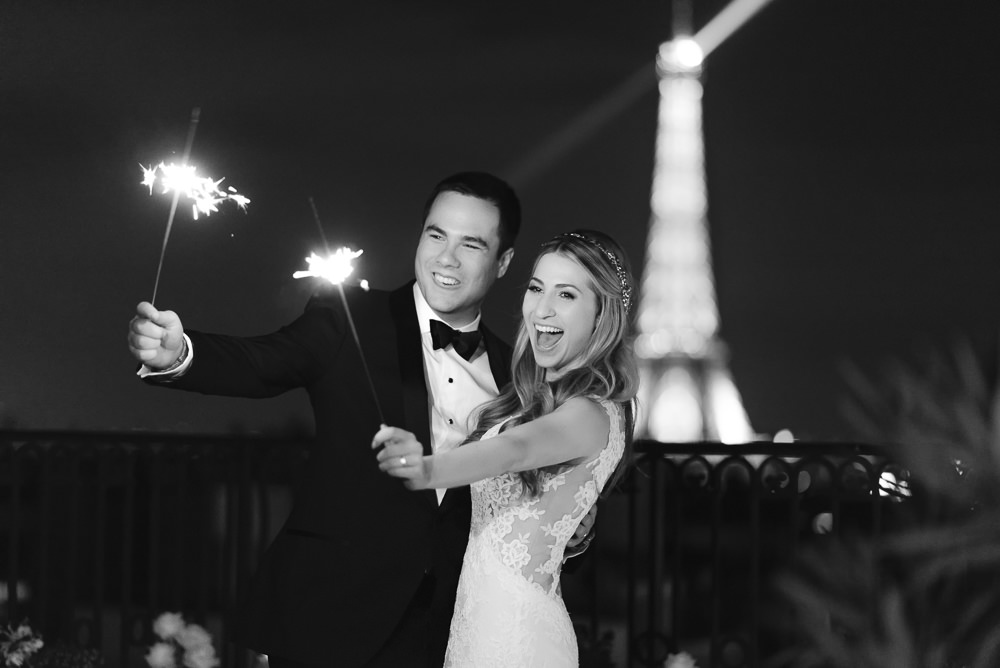
Access to Expert Feedback
Having access to expert feedback is another significant advantage of having a photography mentor. A mentor, being an experienced professional, can provide constructive and detailed critiques of your work. This kind of feedback is essential for improving your technique and developing your unique style.
Instead of generic compliments or criticisms, a mentor can give you specific, actionable insights about your photos. They can point out strengths that you should capitalize on, and weaknesses that you need to work on. They can explain why certain elements of a photo work well, and how you can replicate them in future photos.
Moreover, mentors can provide feedback on a wider range of topics, not just your photos. For example, they can give you advice on how to interact with clients, how to handle the business side of photography, and how to navigate the industry’s challenges.
This kind of comprehensive, expert feedback is difficult to find elsewhere. It can guide your learning, help you avoid common mistakes, and fast-track your improvement as a photographer.
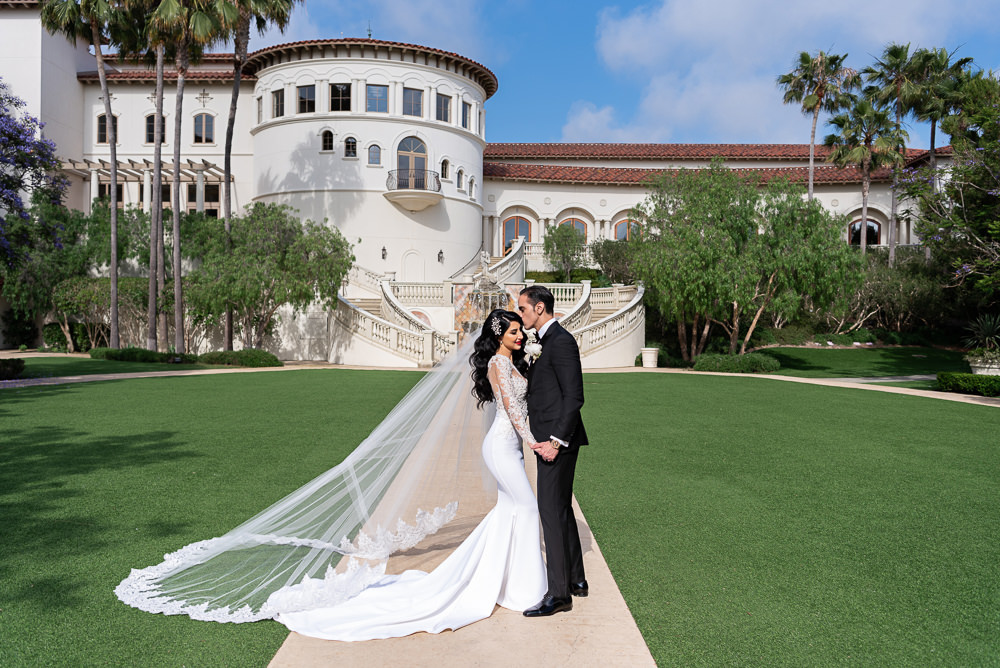
Networking Opportunities
One of the less obvious but equally important benefits of having a photography mentor is the networking opportunities it can provide. Your mentor, being an experienced professional, likely has a wide network of contacts within the industry. This can include other photographers, clients, gallery owners, photo editors, and other industry professionals.
Through your mentor, you may have the chance to meet and interact with these individuals. This can open up a range of opportunities for you, from collaborative projects to job offers. Networking can also provide you with the chance to learn from a diverse range of individuals, each with their own unique insights and experiences.
Moreover, your mentor can recommend you to their contacts, helping you to establish your reputation in the industry. They can also provide you with advice on how to network effectively, such as how to make a good impression, the importance of following up, and how to navigate professional relationships.
In an industry where who you know can be just as important as what you know, the networking opportunities provided by a mentor can be invaluable.

How to Choose a Photography Mentor
Choosing the right mentor can make a significant difference in your journey as a photographer. A mentor that aligns with your needs, goals, and style of learning can provide invaluable guidance and accelerate your development. But how do you find such a mentor? In this section, we will delve into the key considerations when choosing a photography mentor and where to find potential mentors.
What to Look for in a Mentor or Mentorship Program?
When looking for a mentor, there are several aspects to consider. First and foremost, you should look for someone with extensive experience in the field of photography. This person should have a deep understanding of both the technical and artistic aspects of photography, as well as a good grasp of the industry.
Next, you should consider the mentor’s style of photography. It would be beneficial to find someone whose style aligns with your own, or with the style you aspire to develop. This way, you can learn directly from their experience and expertise in that particular area.
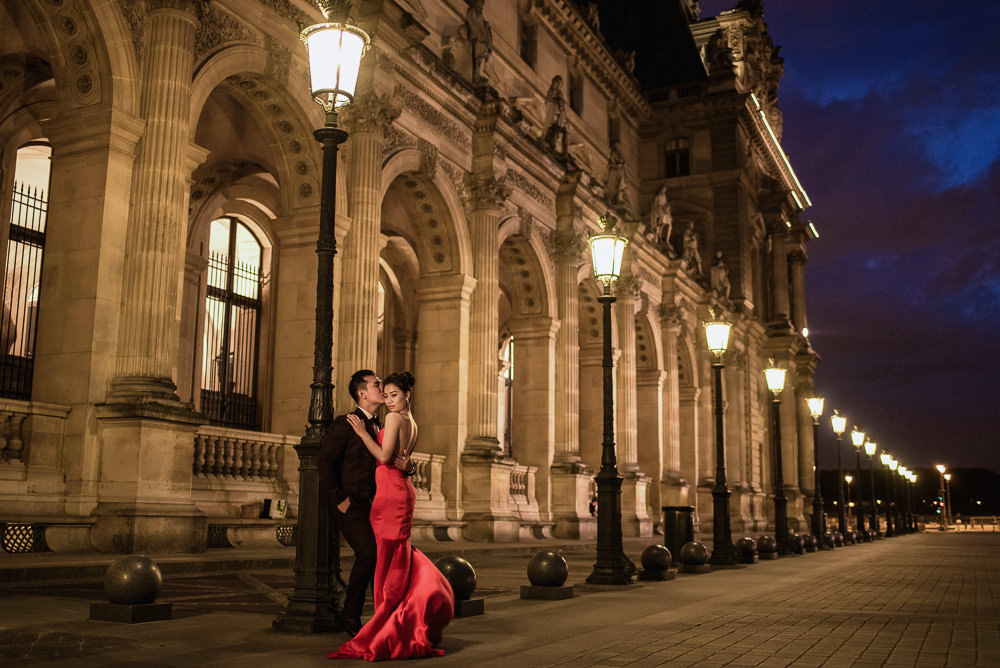
The mentor’s teaching style is another important factor. Every person has a unique way of learning, and you should look for a mentor who can cater to your individual learning style. Some people prefer a hands-on, practical approach, while others might prefer a more theoretical or discussion-based approach.
You should also look for a mentor who is willing to invest their time and energy in your development. A good mentor is not just knowledgeable, but is also patient, supportive, and encouraging. They should be able to provide constructive feedback, identify your strengths and weaknesses, and help you set and achieve your goals.
Finally, consider the mentor’s network. A mentor with a wide network can provide opportunities for you to connect with other professionals in the field, which can be invaluable for your career development.
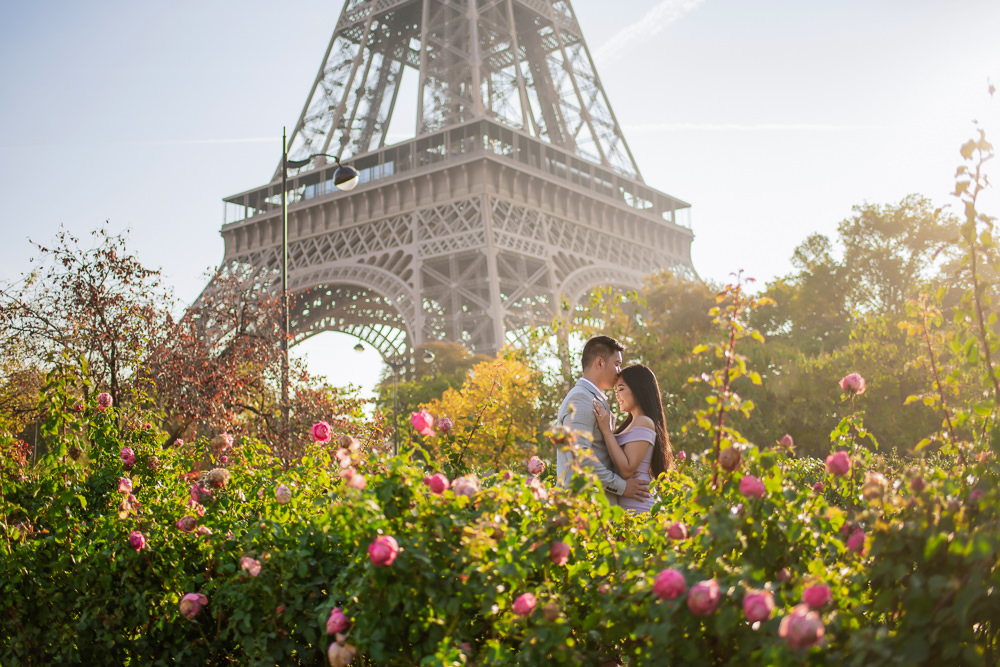
Where to Find Photographer Mentors
There are several avenues to explore when looking for a photography mentor.
- Professional organizations and clubs: Many cities have photography clubs and organizations that bring together photographers of all levels. These can be a great place to meet potential mentors. Some professional organizations also offer formal mentorship programs.
- Photography classes and workshops: Enrolling in a photography class or workshop can provide an opportunity to connect with the instructor or other experienced photographers who might be open to a mentorship relationship. I recommend Creative Live, Udemy and Free Youtube videos.
- Networking events: Attending photography exhibitions, conferences, or other industry events can provide opportunities to meet and connect with experienced photographers.
- Online platforms: Various online platforms, like LinkedIn or photography-specific forums and websites, can also be useful for finding a mentor. Many experienced photographers have a strong online presence and may be open to mentorship. My favorite is Pye Jirsa.
- Personal connections: Don’t overlook the power of personal connections. If you know someone who knows a photographer, don’t hesitate to ask for an introduction.
Keep in mind, the key to finding a mentor is to be proactive. Reach out to people, express your interest in learning, and don’t be discouraged if some photographers are not available or interested. With patience and persistence, you’ll be able to find a mentor who’s a good fit for your photography journey.
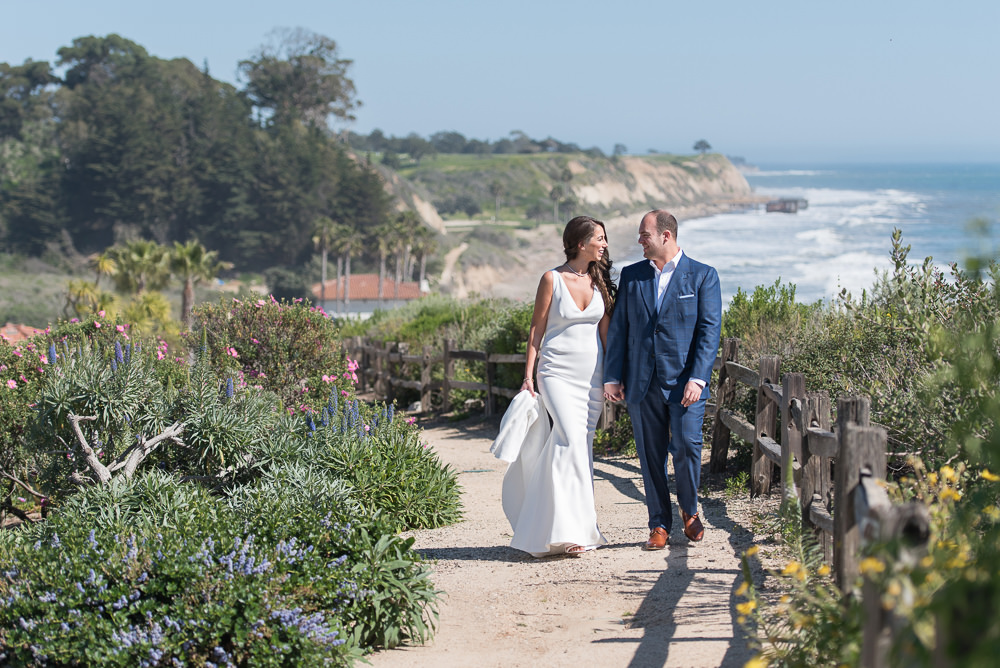
How to Make the Most of a Photography Mentorship
Entering a mentorship is the first step, but to truly reap the benefits, one must strive to be an engaging and proactive student. In this section, we will delve into how you can make the most of your photography mentorship experience, including tips on being a good student and maximizing the value of the mentorship.

How to be a Good Student
Being a good student is about more than just absorbing knowledge. It requires an active, engaged approach and a commitment to your own learning journey. Here are some tips to help you be a good student:
- Be proactive: Don’t just wait for your mentor to give you advice or guidance. Seek it out. Ask questions, propose ideas, and show that you’re eager to learn.
- Be open to feedback: Your mentor will likely provide you with constructive criticism. This is a valuable part of the learning process. Be open to this feedback and be willing to act on it.
- Communicate effectively: Good communication is key in a mentorship relationship. Be clear about your goals and expectations. If there’s something you don’t understand, ask for clarification.
- Show respect for your mentor’s time: Your mentor is likely a busy person, so be respectful of their time. Show up on time for meetings and be prepared with any materials or questions you need.
- Apply what you learn: It’s not enough to just listen to your mentor’s advice – you need to apply it. Putting the advice and lessons into practice is how you will really grow as a photographer.
- Share your progress: Keep your mentor updated on your progress. They will appreciate seeing the impact of their guidance, and it can also open up further learning opportunities.
- Be patient: Learning is a process, and it takes time. Don’t expect overnight success. Be patient with yourself and the process, and remember that every step forward, no matter how small, is progress.
By following these tips, you can ensure that you’re making the most of your mentorship experience and that you’re a mentee your mentor will be proud to guide.

Final Thoughts on Photographer Mentorship
Photography, like any other art form, is a journey of continuous learning and growth. Having a mentor to guide you along this journey can make all the difference.
A mentor offers not just technical and artistic guidance, but also emotional support and industry insights. They can help you understand the nuances of photography, critique your work, and provide valuable feedback. They can also help you navigate the industry, understand client expectations, and manage your business effectively.
Furthermore, a mentor can also help you build your network in the industry, opening up opportunities for collaboration and professional growth. They can introduce you to other industry professionals, recommend you for jobs, and guide you on how to network effectively.

In essence, a mentor can accelerate your learning, boost your confidence, and significantly enhance your career prospects in the field of photography. Therefore, whether you’re a beginner just starting out or an experienced professional looking to refine your skills, having a mentor is an invaluable asset in your photography journey.
In what way did you benefit from your photography mentor?
Leave a Reply